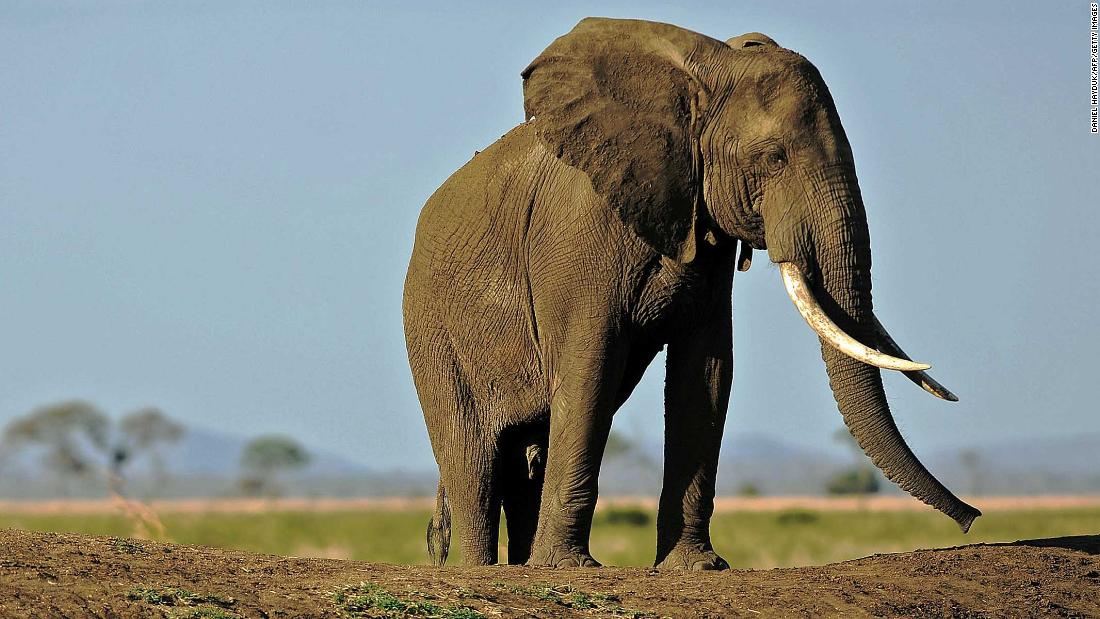Sellers are misrepresenting the materials used in certain items and sometimes using “code words” to disguise illegal listings, researchers at the University of Kent’s Durrell Institute for Conservation and Ecology in England said in a statement on Monday. .
“Despite eBay’s strict policy on animal and wildlife products, there is still an ongoing trade in ivory, mostly hidden as other unrestricted material,” said co-author David Roberts in a statement.
He said that detecting illegal sales of ivory items can be difficult, as the word “ivory” can be used to describe a color. But “companies like eBay have the resources and data” that could be mobilized to combat the illegal wildlife trade, Roberts added.
An eBay spokesman said the company is a founding member of Coalition to End Wildlife Trafficking Online and works with the World Wildlife Fund and the International Fund for Animal Welfare.
“We have global teams dedicated to maintaining standards in our market and, in the past two years, we have blocked or removed more than 265,000 ads prohibited by our animal products policy,” the eBay spokesman said in a statement to CNN Business .
But Roberts told CNN Business that he would like to see independent verification of listing data, adding that he and other researchers have had limited success in getting illicit listings removed using eBay’s reporting function.
Roberts and fellow researcher Sofia Venturini found that some descriptions of netsuke – carved objects that are usually made of elephant ivory and attached to Japanese kimonos – are misrepresenting the items.
Lists of netsuke made of elephant ivory were often described as bones, according to the researchers, who were able to identify ivory items by checking product images for Schreger lines – a unique pattern found in the material.
Only 1.3% to 6.9% of the ivory netsuke items were removed by eBay when the researchers checked the listings again after a month, they said. Over 50% were sold, while half of the unsold examples were re-listed.
“If eBay were effectively complying with its policy … on ivory, these items would have been removed,” the researchers said.
Roberts praised sites like Etsy and Preloved for doing “fantastic work”, limiting sales of items linked to the illegal wildlife trade. “If other companies can do this, certainly eBay and the like can do it,” he added.
The researchers’ article was published in the journal Tropical Conservation Science.
